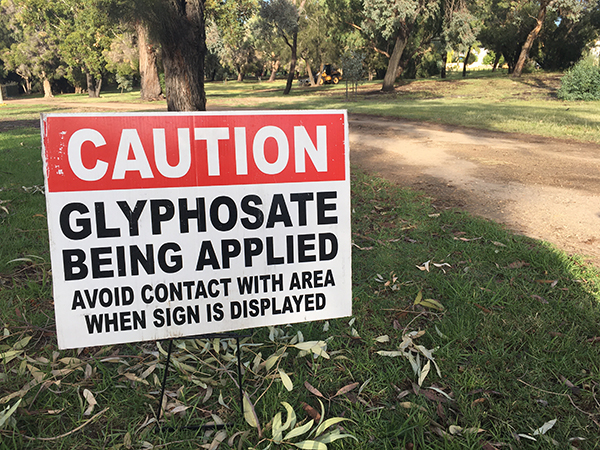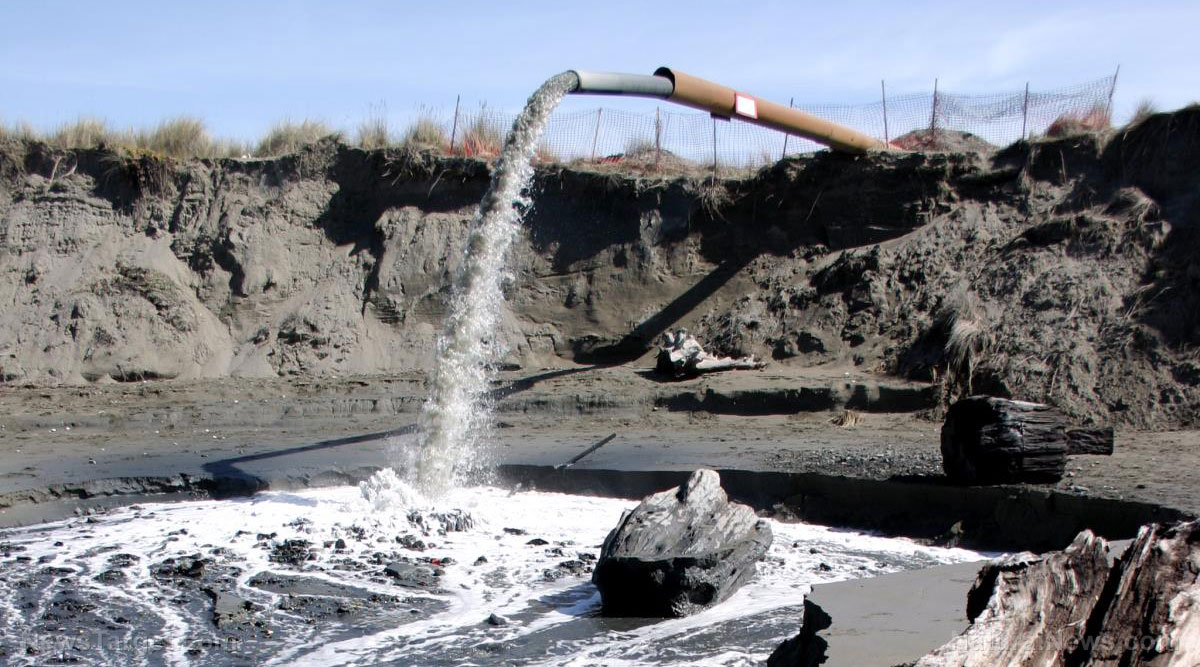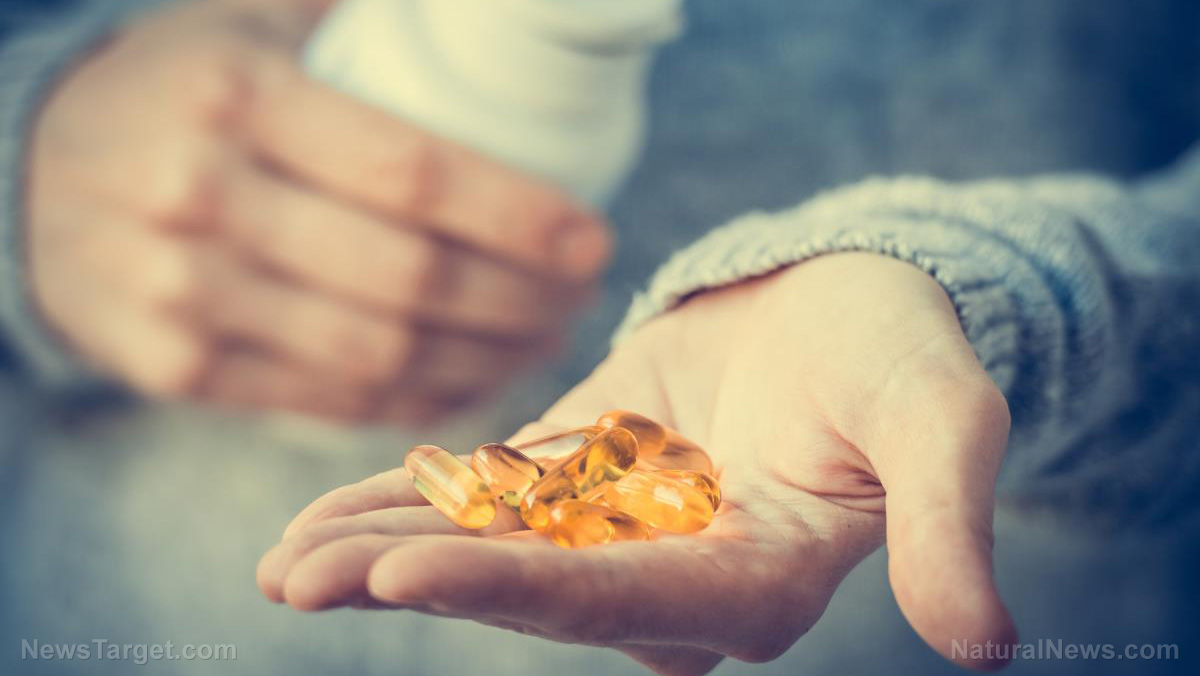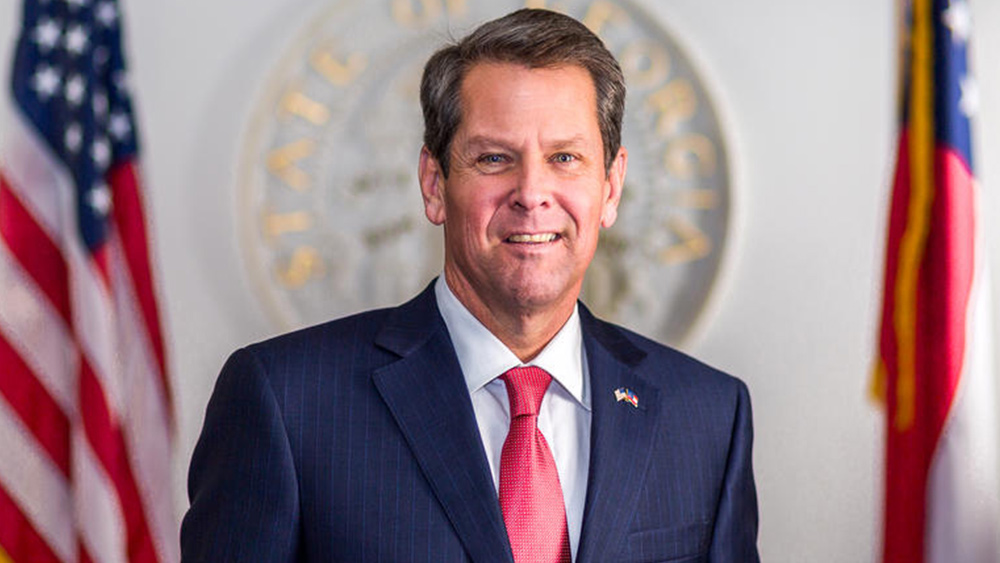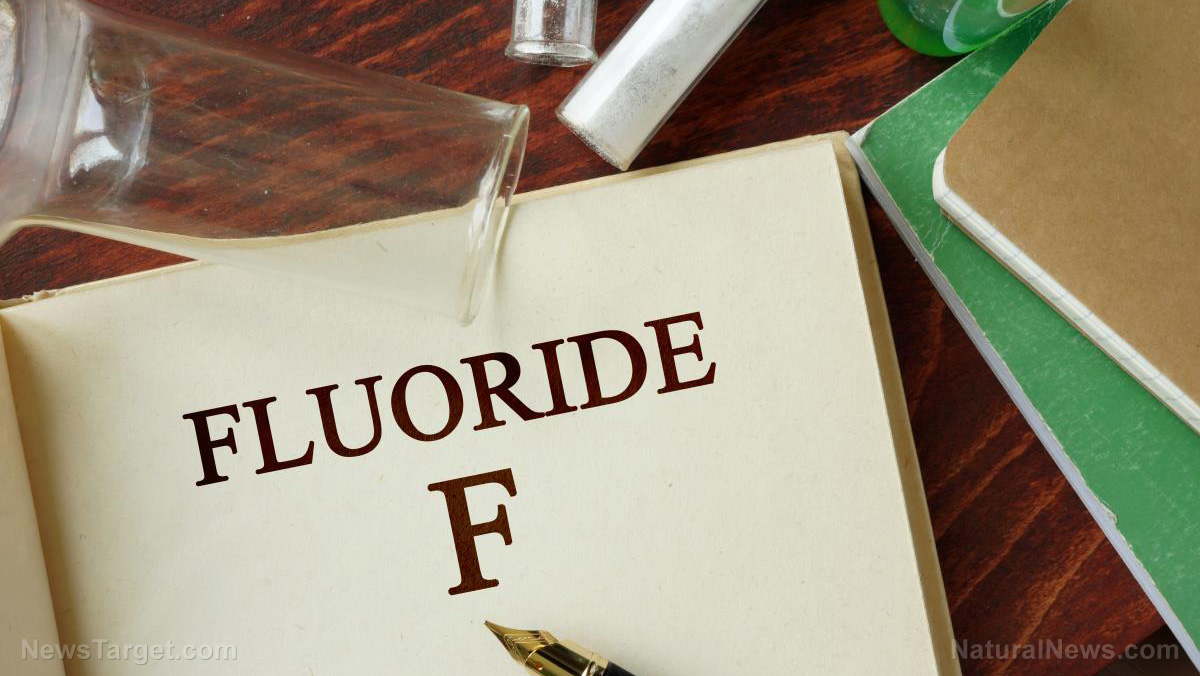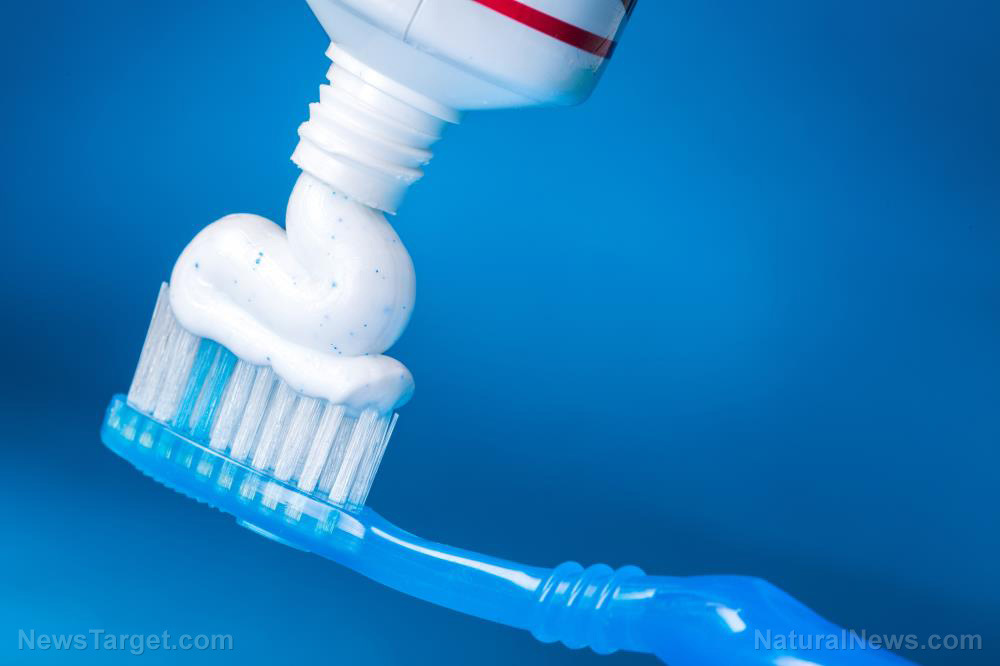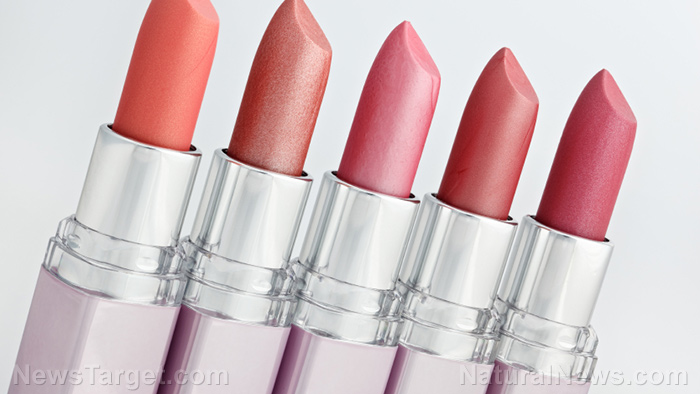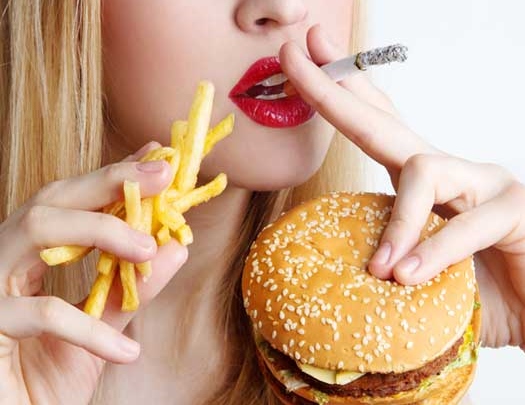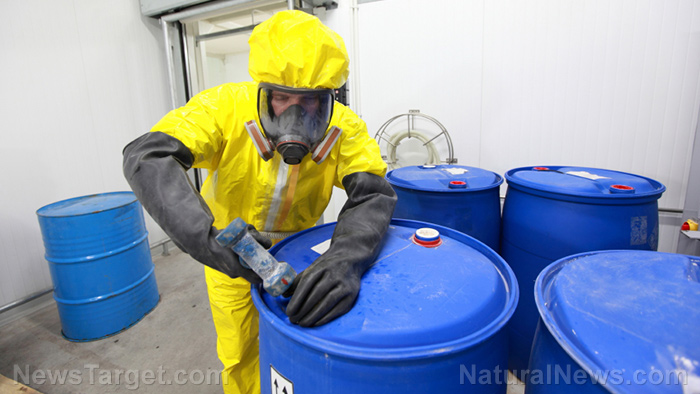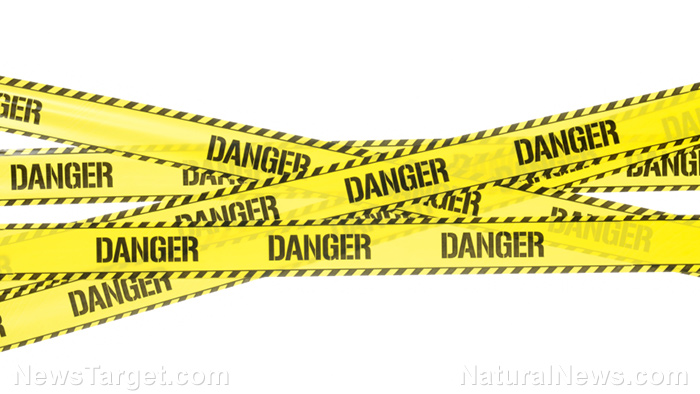The truth about Benzyl Alcohol in beauty products
05/14/2025 / By Zoey Sky

- Benzyl alcohol is a synthetic, non-flammable solvent used in various industries. This clear liquid dissolves substances and is widely used in medicine, cosmetics and as a preservative to prevent microbial growth. Despite its utility, its safety comes into question because it can cause skin and respiratory irritations.
- While generally safe in small amounts, benzyl alcohol can trigger skin rashes, itching or severe allergic reactions like anaphylaxis. Prolonged exposure, ingestion or exposure to high doses may lead to systemic toxicity and nerve damage or worsen conditions like multiple chemical sensitivity.
- Benzyl alcohol biodegrades quickly in soil and water, but its presence in cosmetics contributes to microplastic pollution. Manufacturing involves volatile organic compound (VOC) emissions, which affect air quality.
- Beyond cosmetics and medicine, benzyl alcohol serves as an antimicrobial preservative in shampoos and deodorants, a solvent in perfumes and an ingredient in photographic solutions and inks. Its versatility helps mix oils and water in skincare products while acting as a natural emulsifier and skin-penetrating agent for drug delivery.
- Safer substitutes include tea tree oil, glycerin and plant-based preservatives like farnesol or cetyl alcohol. To reduce exposure, consumers should read labels, opt for “clean beauty” products, limit heavy product use and support detox with hydration and a liver-friendly diet.
Benzyl alcohol, a colorless liquid with a faintly sweet aroma, is a synthetic compound with a starring role in industries ranging from medicine to cosmetics.
Yet beneath its ubiquity lies a nuanced story. While it is praised for its versatility, benzyl alcohol also raises concerns among health advocates and environmental scientists.
Benzyl alcohol and its toxicity
Known by over a dozen chemical names, such as phenylmethanol, benzylicum and hydroxymethylbenzene, benzyl alcohol is a compound that is valued for its ability to dissolve other substances and its non-flammable profile, which facilitates global transport.
While the compound’s toxicity is low in topical use compared to inhalation or injection, several dangers persist. When applied to sensitive skin, benzyl alcohol can cause redness, itching or contact dermatitis.
For individuals with allergies, severe reactions may include anaphylaxis.
Systemic toxicity, arising from prolonged skin exposure or swallowing benzyl alcohol, is a concern. A study published in the journal Environmental Health Perspectives noted that chronic exposure may impact neurological health, potentially exacerbating conditions like multiple chemical sensitivity (MCS).
Furthermore, its veterinary use as a terminal anesthetic underscores its capacity to suppress the central nervous system in concentrated doses.
Environmental concerns also surface. While benzyl alcohol biodegrades relatively quickly in soil and water, its role in microplastic-laden cosmetics allows it to transiently invade ecosystems before breaking down.
Manufacturing processes may contribute to volatile organic compound (VOC) emissions, though less critically than flammable alternatives.
What is benzyl alcohol used for?
Benzyl alcohol’s molecular structure, comprised of a phenyl group attached to a hydroxyl-containing methanol chain, is behind the compound’s chemical versatility.
In cosmetics and personal care products, it functions primarily as a solvent, allowing active ingredients like essential oils or medications to blend seamlessly into creams or lotions. Its antimicrobial properties make it a good preservative, preventing bacterial growth in water-based formulations.
Benzyl alcohol is often added to perfumes for its faint fragrance. It is also used as an emulsifier, stabilizing mixtures of oils and water. (Related: Consumer beware: Harmful ingredients in toothpaste and natural alternatives you can use.)
Beyond cosmetics, the compound is utilized in intravenous medications to dissolve oil-based drugs and in topical treatments for lice or cold sores. Industrial applications include photography development and ink manufacturing.
In personal care products, benzyl alcohol is ubiquitous. It appears in everything from facial moisturizers to shampoos, lip balms and nail polishes. The compound’s preservative role is critical in products that avoid parabens or formaldehyde-releasing agents. However, its widespread use has also spurred scrutiny.
Consumer products that typically contain benzyl alcohol include:
- Anti-aging treatments that blend antioxidants with oils
- Deodorant and antiperspirant formulations
- Medicated creams (to thin the stratum corneum, enhancing drug absorption)
- Moisturizers and serums (as a solvent and preservative)
Alternative products without benzyl alcohol
For those seeking benzyl alcohol-free products, here are some safe alternatives to consider:
- Essential oils – Tea tree oil or lavender oil can act as antimicrobial agents in smaller formulations.
- Glycerin and jojoba oil – Natural emollients such as glycerin and jojoba oil can replace benzyl alcohol’s solvating role in some products.
- Phenoxyethanol – A common preservative in “paraben-free” products; critics also question its long-term safety.
- Plant-based preservatives – Farnesol and cetyl alcohol (derived from fatty acids) offer natural preservative qualities.
How to detox from benzyl alcohol
The body primarily processes benzyl alcohol via the kidneys, expelling it as hippuric acid. A balanced diet rich in fiber and antioxidants, alongside hydration, supports your body’s natural detox abilities.
Here are some tips for reducing exposure to benzyl alcohol:
- Read labels and opt for natural ingredients.
- Look into “clean beauty” brands because these reputable companies often list all components transparently.
- Avoid heavy application and minimize the use of products like microneedling solutions, which enhance dermal absorption.
- Systemic detox regimens have little scientific backing, but emphasizing a liver-supporting diet (e.g., beets and leafy greens) and probiotics may enhance metabolic efficiency.
The debate over benzyl alcohol mirrors broader conversations about chemical safety in personal care. Its advantages, versatility, affordability and regulatory acceptance are counterbalanced by calls for transparency and natural formulations.
Regulators like the EU’s Scientific Committee on Consumer Safety have placed benzyl alcohol on their watch lists, acknowledging that permitted concentrations must remain stringent.
For consumers, awareness is key. Tools like the EWG’s Skin Deep database or resources in Cosmetic Toxicology can guide choices. The market’s shift toward clean beauty underscores a growing demand for both efficacy and ethics.
Benzyl alcohol epitomizes the double-edged nature of modern chemistry, which is often innovative yet fraught. By understanding its uses, risks and alternatives, consumers can make informed decisions that align with their health philosophies.
This story is not medical advice and is not intended to treat or cure any disease. Always consult with a qualified naturopathic physician for personalized advice about your specific health situation or concern.
Visit Health Ranger Store and Brighteon Store to find lab-verified skincare products that are free of harmful chemicals like benzyl alcohol. You can also check out NaturalNews.com for more articles about harmful cosmetic ingredients and safer natural alternatives.
To help share and decentralize knowledge, the Health Ranger Mike Adams has created an AI model that is available as a free download and can be run locally. Brighteon.ai aims to bypass censorship and empower people with knowledge.
Similarly, Brighteon.com is an uncensored video free speech website that allows people to openly discuss nutrition, natural medicine, natural ingredients and more. To join uncensored discussions about health, nutrition, ingredients, toxicity and related topics, visit our two free speech social media sites, Brighteon.IO and Brighteon.social.
Watch the video below to learn more about the benefits of using all-natural Shampoos and Shampoo Bars.
This video is from the Health Ranger Store channel on Brighteon.com.
More related stories:
Harmful ingredients in personal care products.
7 TOXIC ingredients in cosmetics and personal care products.
Study: Toxic FOREVER CHEMICALS are found in many cosmetics.
Sources include:
Submit a correction >>
Tagged Under:
allergens, allergies, benzyl alcohol, Cosmetics, Dangerous, health science, poison, products, skin health, skincare, toxic chemicals, toxic ingredients, toxins, truth
This article may contain statements that reflect the opinion of the author
RECENT NEWS & ARTICLES
COPYRIGHT © 2017 POISON NEWS





